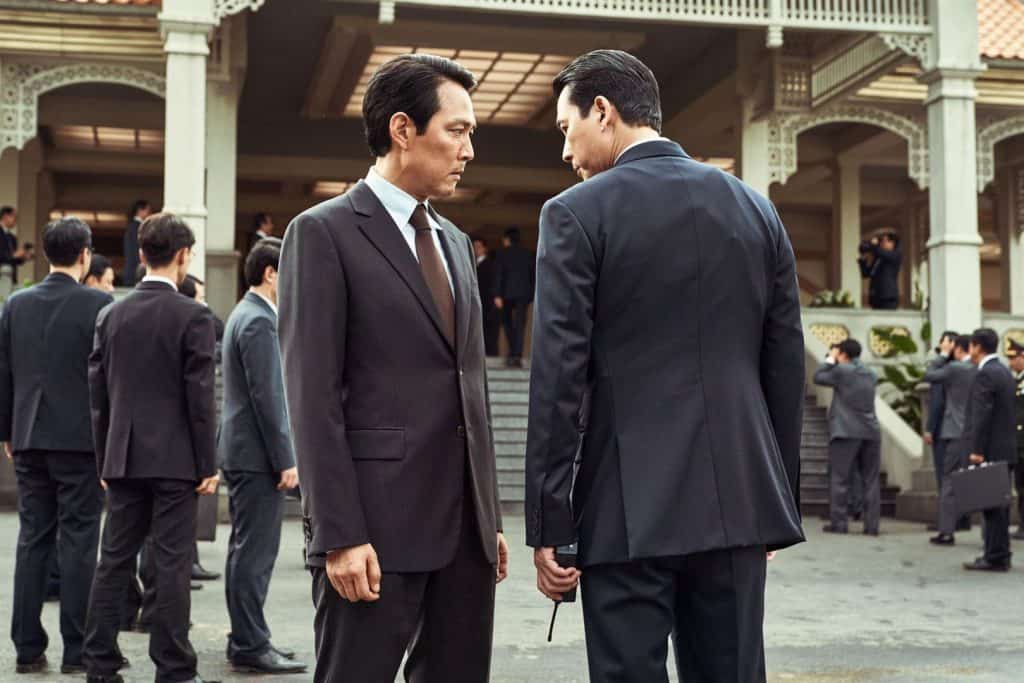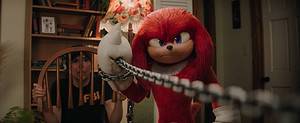How far would you go for your country, for your people?
It’s not a new or innovative question for a film to ask. Filmmakers have long pushed the boundaries of nationalist interests. However, the geopolitical and social climate in which we currently live feels especially fraught for someone to poke the bear. At the very least, you may inspire intensely spirited debate (and trolling) on social media. Given the sheer dovetailing of media literacy in the last decade (or longer), the opposing extreme feels closer than what’s comfortable to admit.
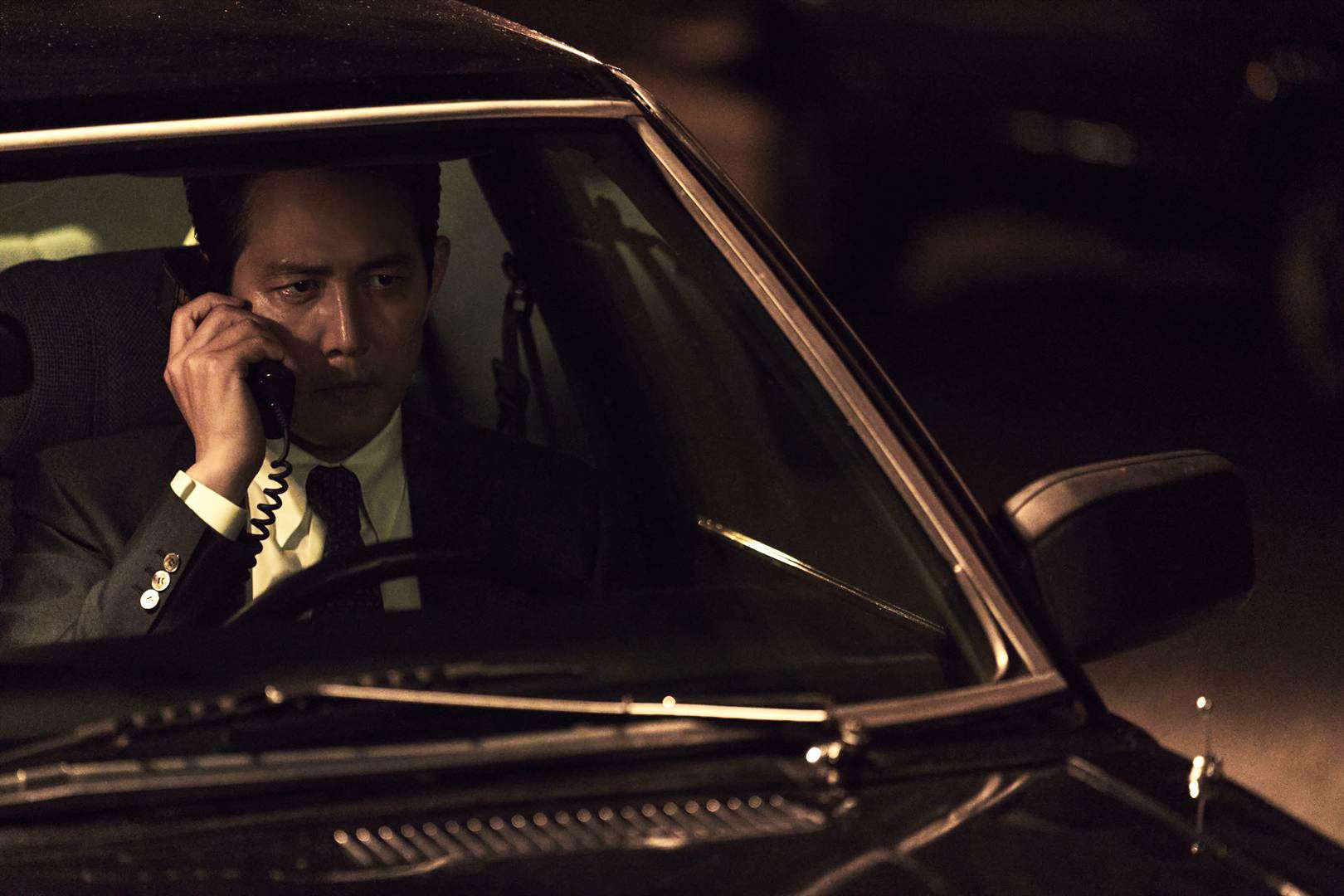
You have to admire Lee Jung-jae for tackling such a loaded topic for Hunt, his directorial feature debut. The South Korean film legend (and recent Emmy winner for Squid Game) dives headfirst into the volatile real-life relations between North and South Korea in the early ’80s. Jung-jae plays Park Pyong-ho, the Foreign Unit Chief of the KCIA, South Korea’s top intelligence agency. He and his domestic counterpart Kim Jung-do (Jung Woo-sung) are alerted to a mole, named Donglim, within the KCIA who has been feeding intel to North Korea. With the president’s life in jeopardy, and war on the horizon, Park and Kim must weed out the mole. The problem is that the former friendly colleagues suspect the other of being the mole. Their suspicions lead them down a dangerous path, riddled with bombs and bullets for good measure.
Jung-jae establishes the high-octane stakes from the beginning. Hunt moves at a dizzying pace that leaves little room for reprieve. The film packs to the ceiling a wide array of action: explosions, car chases, shootings, beatings, stranglings, and intense shouting, many of them crammed into one sequence. It should be too much, and it often is. Yet, to Jung-jae’s credit, the film never feels visually incoherent. He has a strong command of how the camera moves and captures the chaos, keeping track of space and time in a way that Western films can sometimes struggle with. Even in the film’s most chaotic moments, of which there are plenty, Jung-jae remarkably keeps you engaged and entertained by its boundless action.
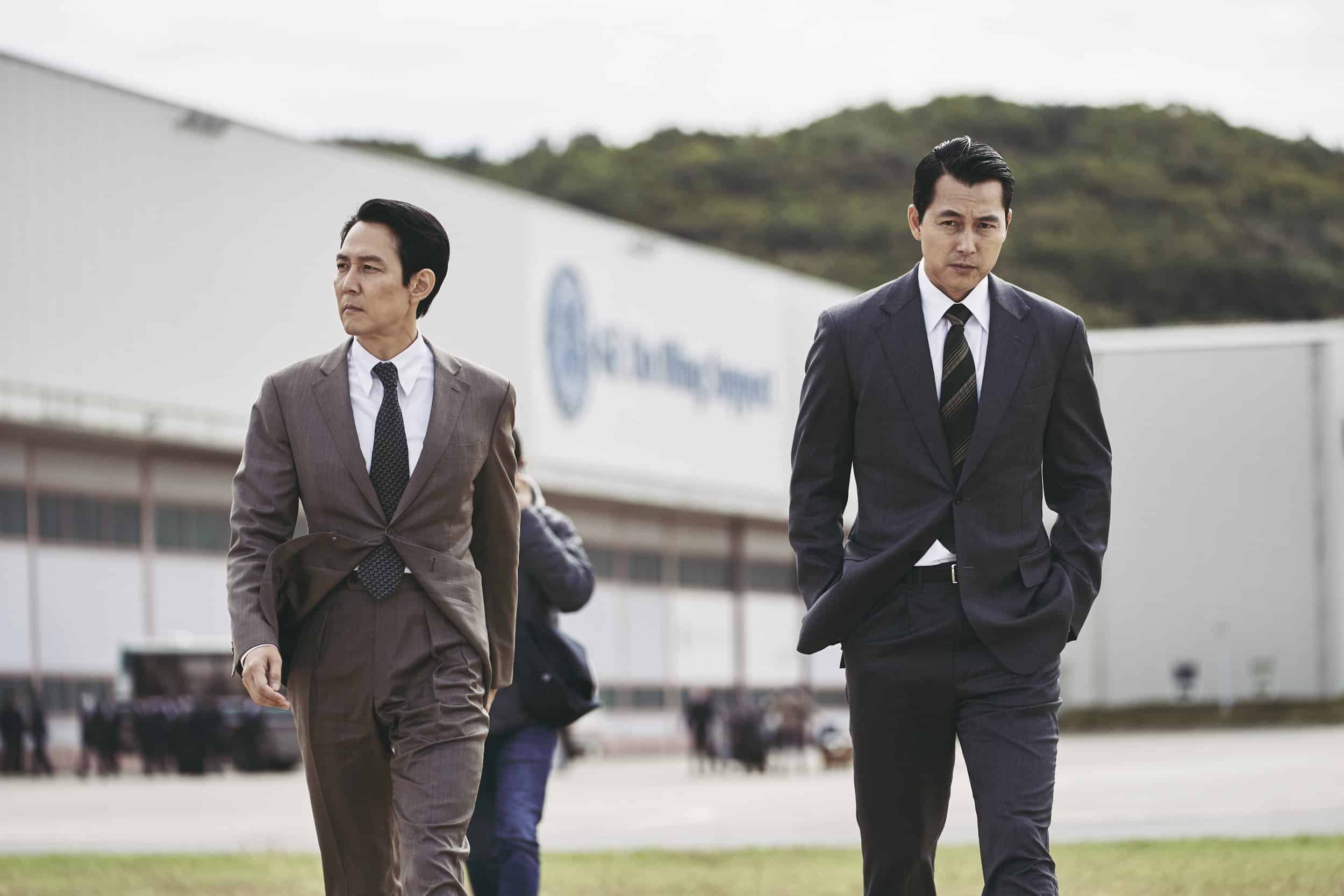
He has less exacting command over the byzantine plot. Even by political espionage standards, Hunt is very complicated. The problem is less with its historical circumstances than the characters within them. The film preoccupies itself with the myriad double and triple crosses at the core, instead of firmly establishing who Park and Kim are and why either of them might be Donglim. Even in the flashbacks that aim to offer some context into their motivations, the motivations are still murky to everyone except Jung-jae. The narrative twists and turns are compelling, especially at the end of the clarifying second act. It isn’t easy to track how the film got there. (The visual whiplash certainly doesn’t help matters either.)
Despite its narrative challenges, Hunt does raise interesting questions about nationalism, and whether the ends justify the means. Both Park and Kim are navigating a difficult political climate between two nations claiming sovereignty over the Korean identity. Relations are at a standstill, and everyone knows the situation is untenable. This leaves its two by-the-book characters with a fascinating problem: with peace as a potential endgame, how far should they go to achieve it? Is it a righteous cause if you’re betraying your comrades, playing with people’s lives, killing them? Hunt doesn’t claim to have answers, but is unsparing with the (often literal) explosive consequences.
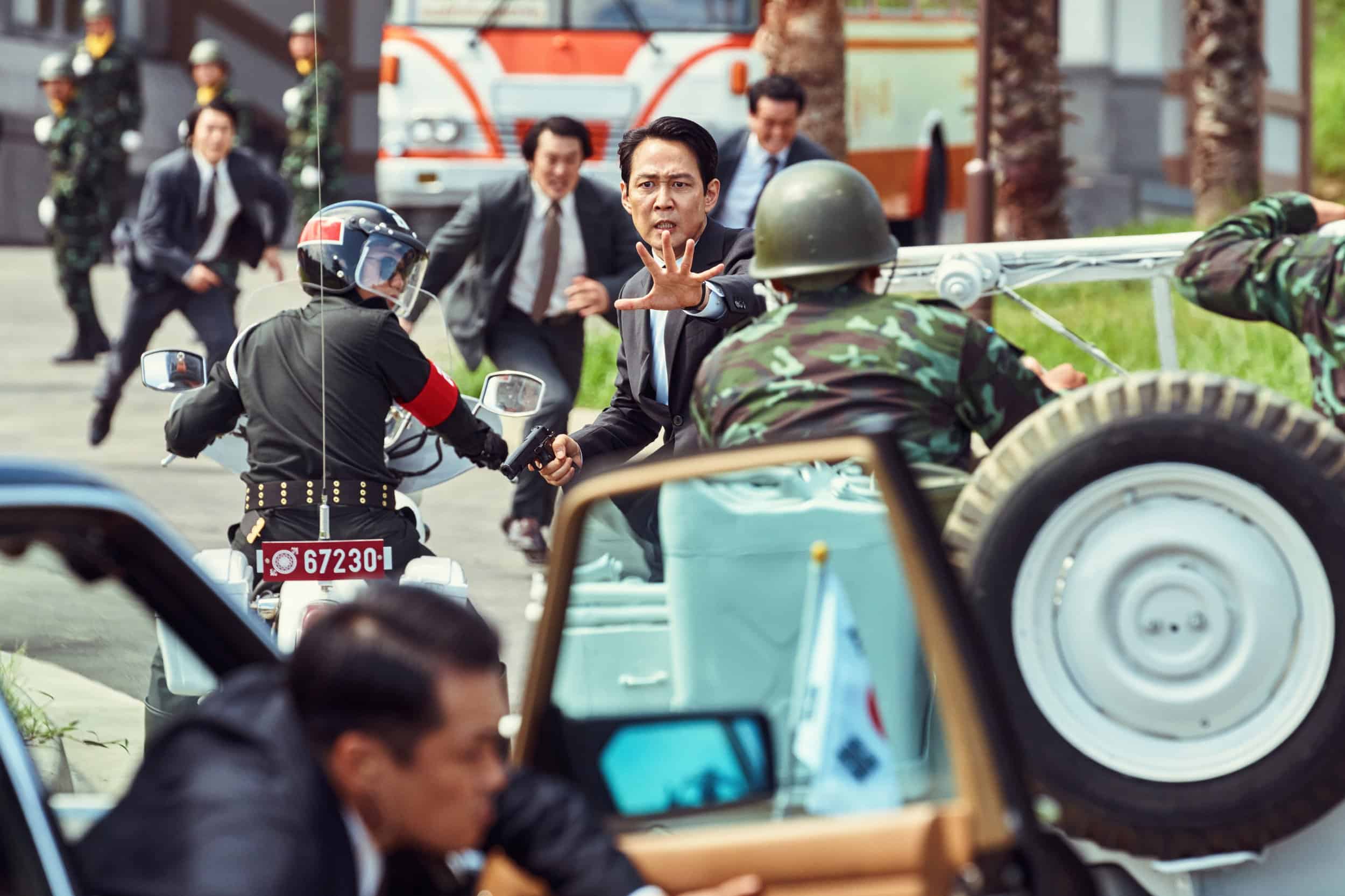
The twists and turns give Jung Woo-sung and Jung-jae plenty to work with, and the two stars handle the challenge well. Jung-jae doesn’t miss a beat pulling double duty as director and performer. He renders Park with all the high-pressure intensity required, while adding just enough shades of mystery to keep us guessing. Woo-sung is just as compelling, playing strongly into Kim’s murkier motivations and potential villainy. Woo-sung and Jung-jae are excellent adversaries, conveying a venomous brutality in their altercations that can only come from soured friendships and deep mistrust.
It’s easy to get swept up into Hunt’s taut machinations and fiery explosions. Even though the film can sometimes be convoluted, Lee Jung-jae crafts an engaging and occasionally challenging espionage thriller that feels startlingly relevant to our climate today. It’s a film you can forgive for needing a notebook to keep track of every twist.
Hunt is currently playing in select theaters and is available on VOD courtesy of Magnet Releasing.
Lee Jung-jae Crafts A Thrilling But Convoluted Tale Of Espionage
-
GVN Rating 7
-
User Ratings (0 Votes)
0
A late-stage millennial lover of most things related to pop culture. Becomes irrationally irritated by Oscar predictions that don’t come true.


